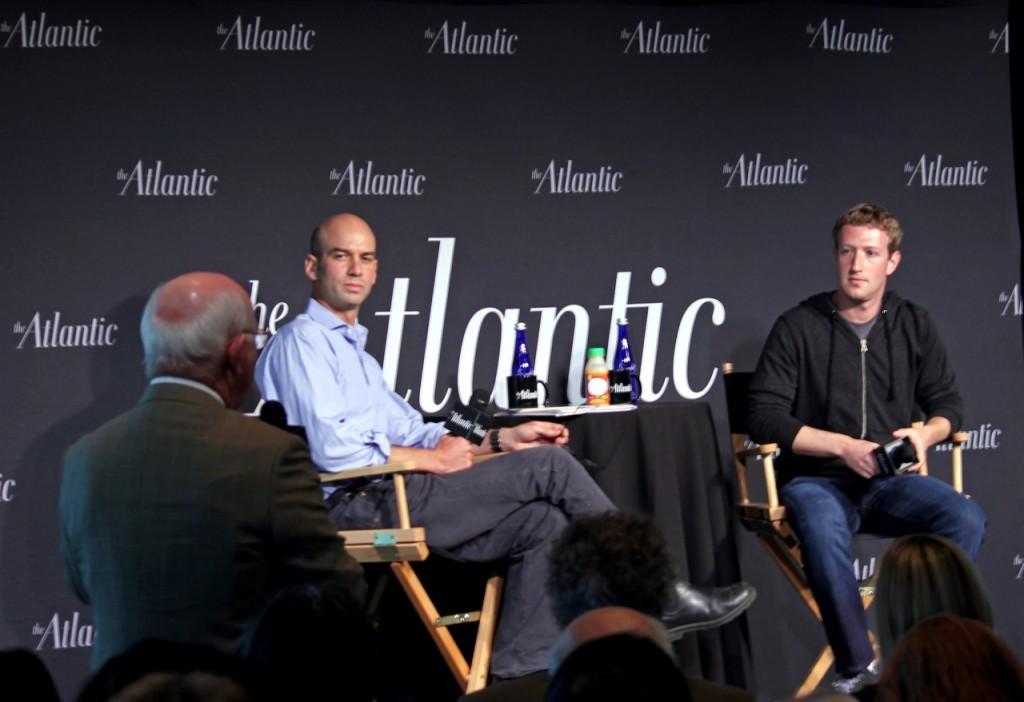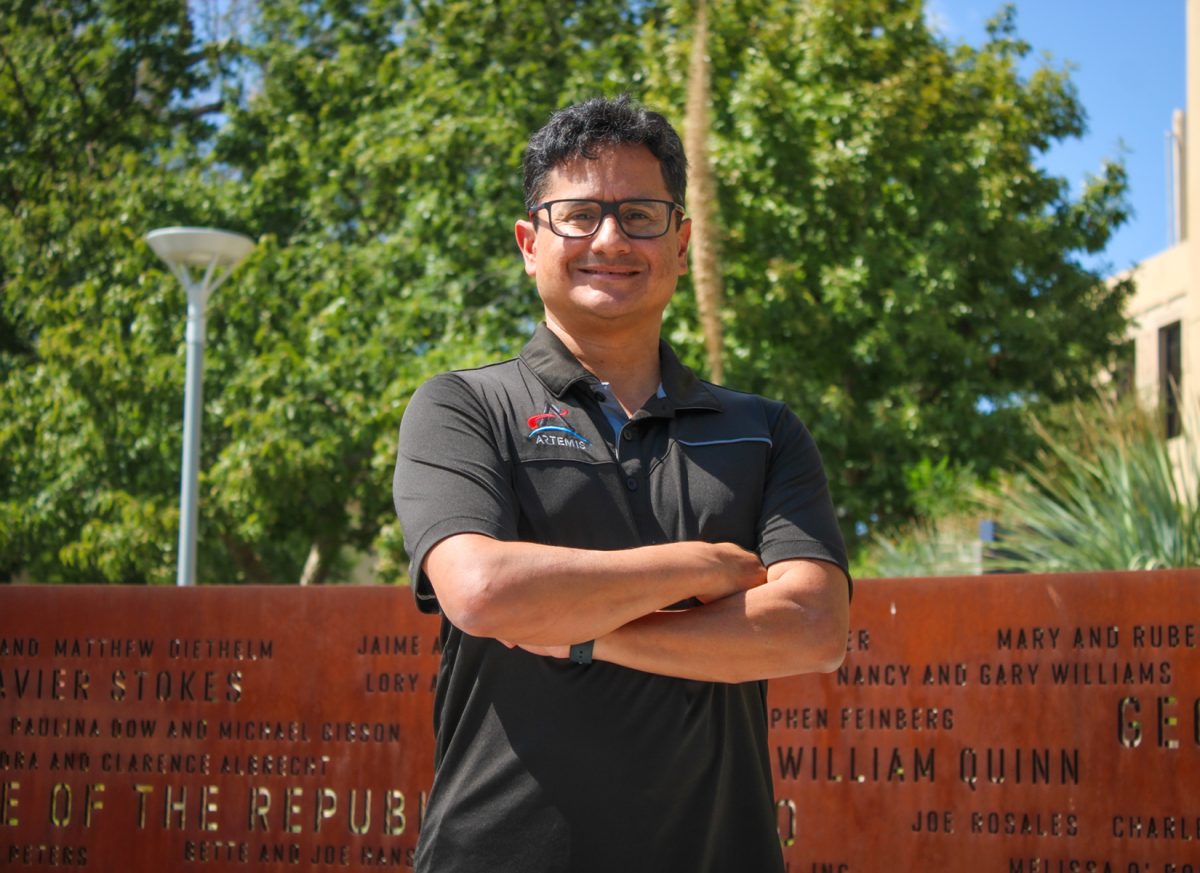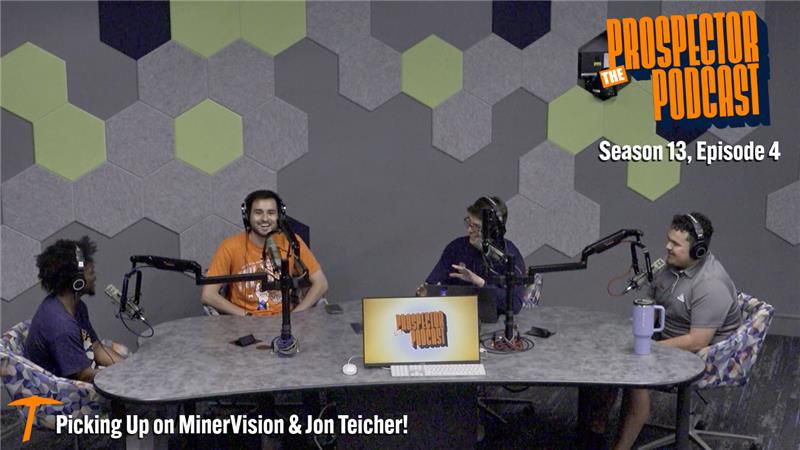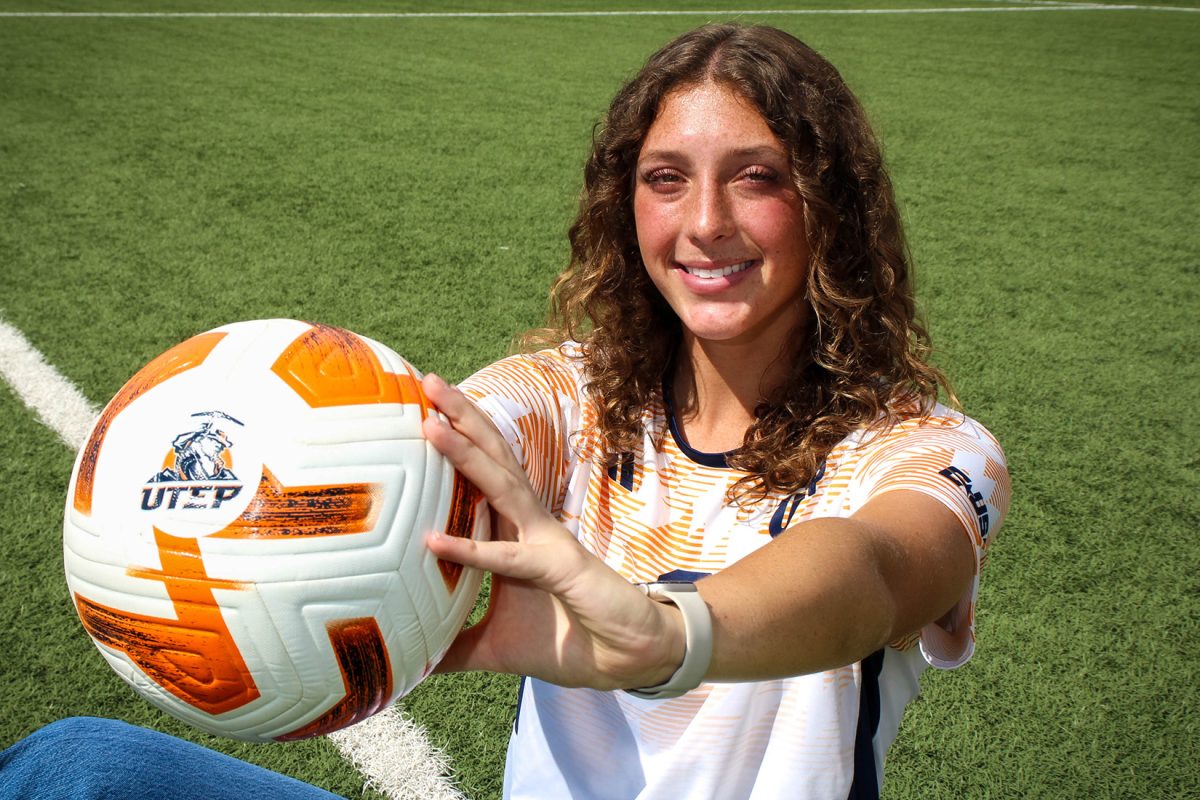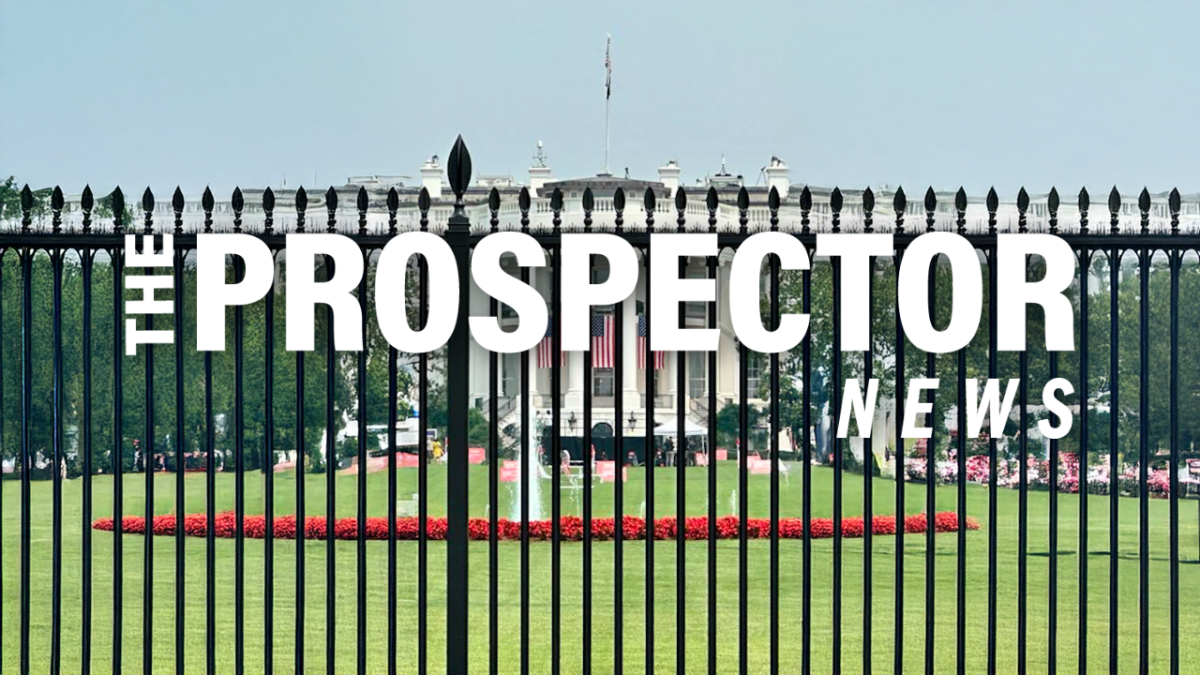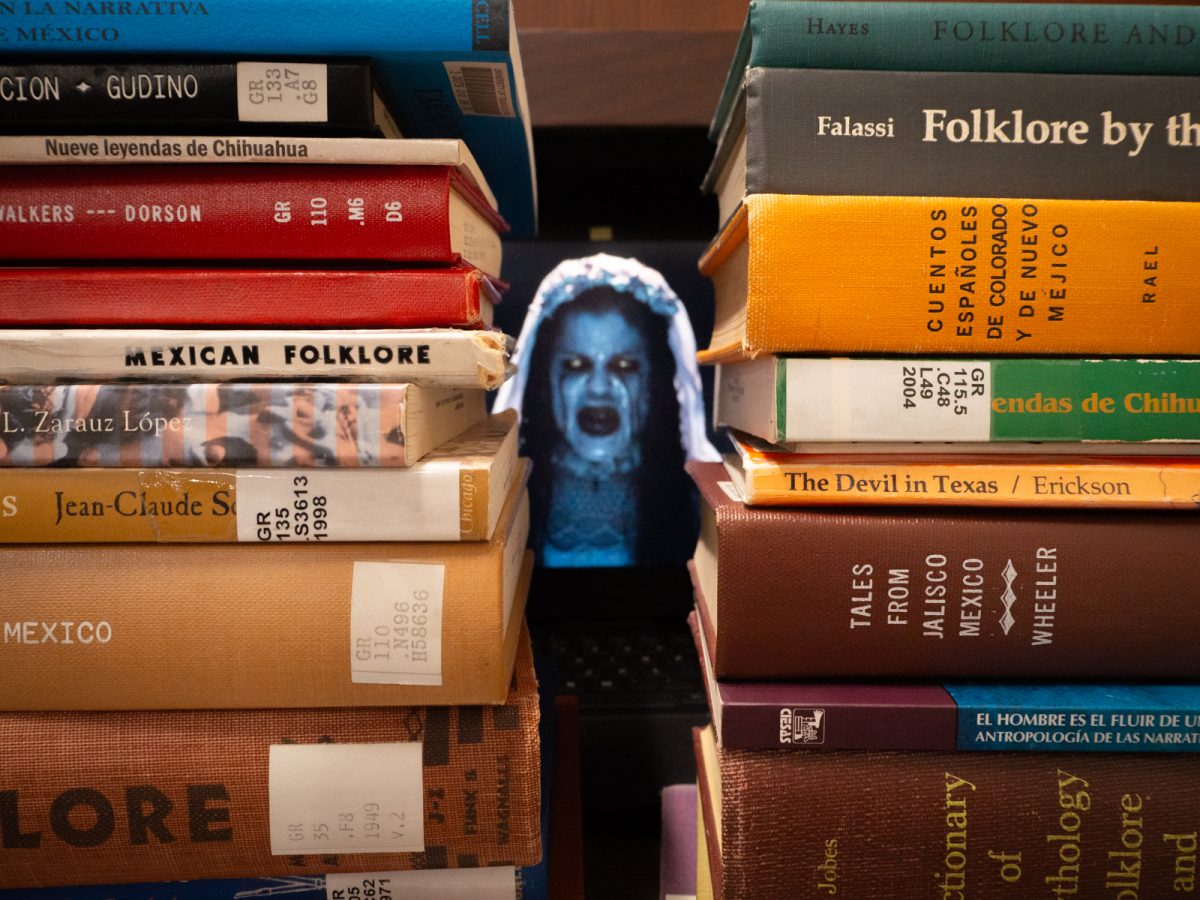WASHINGTON – Mark Zuckerberg wants Facebook to be a part of a “digital social fabric” for the future.
Zuckerberg, the founder of the social networking site Facebook, discussed a multitude of subjects Wednesday, including the Internet.org project, the knowledge economy, the National Security Administration and immigration reform with The Atlantic magazine’s Editor-in-Chief James Bennet.
Information is shared on Facebook and the wider Internet every day, and Zuckerberg wants the world to embrace this fact to make people’s lives better.
“Surprisingly, few people in the world have access to the Internet,” he said. “The Internet is a backbone for the knowledge economy and is going to be really important for delivering all of those things over time.”
In August, he, his company and a slew of partners, including Nokia, Samsung and Opera announced the Internet.org Initiative.
The goal of the project is to provide Internet access for the 5 billion people on Earth who do not have it.
Zuckerberg said that, although necessities such as food or water are more important for some people, Internet access will make their lives better in the long run.
He said he does not view the ability and desire to be connected with other people as a “First World thing.”
“This is, I think, something that should be very fundamental for the world, and even though most people in the world don’t have Internet today, that’s something that we want to kind of pick up the flag on and help make that happen,” he said.
The world is going through an economic transition from a primarily agriculture-based system to a knowledge and information-based one, he said.
He said the main difference between a resource-based economy and a knowledge-based one is the idea ownership.
“If I own an oil field, you can’t own that same oil field,” he said. “That’s a pretty fundamental thing.”
The currency in a knowledge economy is not material wealth such as money but ideas and the ability to think, he said.
“Knowledge economies have the productive property which is that me knowing something doesn’t prevent you from knowing it,” he said. “The more information that you share, the more informed everyone is, the better ideas can generate and spread.”
The privacy of the Internet and Facebook users has become a component of this economic transition.
Bennet asked Zuckerberg about revelations that the National Security Agency, through its recently revealed PRISM program, has been collecting data on U.S. citizens.
He said the government has requested information about 9,000 times from Facebook in the last half year.
“We look at every request individually, and we push back on ones that we either think are overly broad or that aren’t legal,” he said.
The government’s job is to protect the public in a wider sense, particularly with safety and constitutional rights, while it is Facebook’s job to protect the privacy of its users, he said.
Education is also a part Zuckerberg’s knowledge economy idea and, because of this, he has been speaking out about that and immigration.
He advocated for changes in immigration policy in a Washington Post op-ed, including border security and a path to citizenship for the nation’s 11 million undocumented immigrants. The article said it is also important to emphasize science and math-related subjects in schools and to make scientific breakthroughs and innovation available to the many instead of the few.
“Immigration is a really big issue because in order to be productive, you want to get the best folks into the country, and solving those policies is, I think, a big deal,” he said.
He said Facebook’s legacy in five or 10 years is that it will be a building block for innovation.
“No one company is ever going to be the whole thing, but I think we can help build it and set some examples and design principles that other companies can use to build a lot of the other services that we’re never going to be able to do because we don’t have the DNA to build a music company, for example, or much less a health company, but if can help out that is something that I’d be really proud of,” he said.
Sean Bradley is a senior at Central Michigan University majoring in news-editorial journalism. He may be reached at [email protected].

